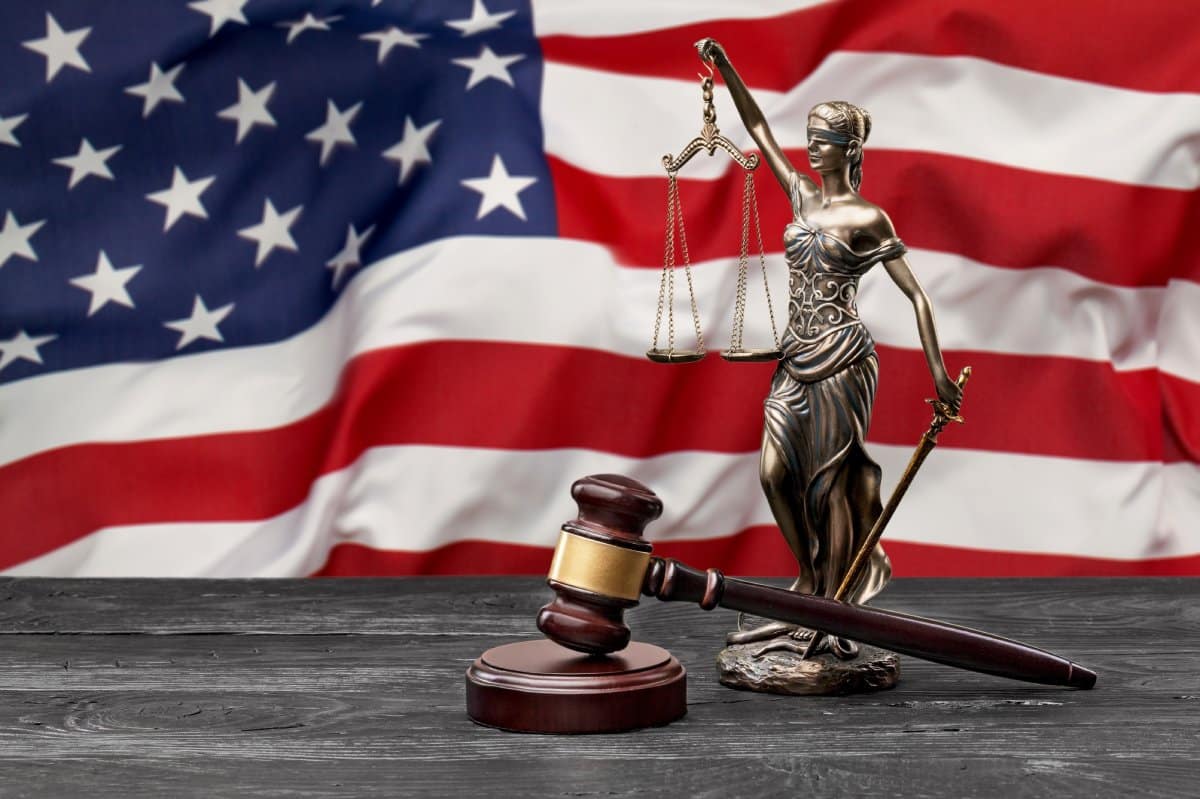The Supreme Court has found itself mixed up in a debate around what constitutes free speech for elected officials, with no clear way out. Here’s the full story.
First Amendment Boundaries
The Supreme Court faced two cases that explored the boundaries of First Amendment rights for government officials using social media.
The cases of O’Connor-Ratcliff v. Garnier and Lindke v. Freed raised a myriad of questions, from cat photos to casual grocery store discussions, alongside various proposed legal standards.
Yet, none of these seemed likely to offer a straightforward framework to guide public officials on their online behavior. Both cases share similarities.
In O’Connor-Ratcliff, two California school board members blocked constituents on social media platforms, leading to lawsuits against them.
In Lindke, a Michigan city manager similarly blocked a member of the public on Facebook, resulting in legal action.
“Viewpoint Discrimination”
Typically, disputes concerning an individual’s choice to block another user on social media wouldn’t usually reach federal courts.
However, First Amendment regulations for public officials are stringent, hardly allowing “viewpoint discrimination.”
Blocking someone due to differing opinions or preventing opposing views from appearing alongside their posts can raise substantial constitutional issues.
In these cases, the core issue isn’t whether the officials violated the First Amendment but whether they acted within their authority as government officials when they blocked the offended parties.
The Constitution only constrains government officials when they exert state authority. However, distinguishing between state action and private action online is an intricate challenge.
The Supreme Court has struggled with this matter for quite some time.
No Easy Answer
The Court acknowledged this challenge in the case Jackson v. Metropolitan Edison in 1974.
At the time, they stated, “The question whether particular conduct is ‘private,’ on the one hand, or ‘state action,’ on the other, frequently admits of no easy answer.”
The Court expressed reservations about utilizing legal tests for offline situations in the online world.
Some advocated for considering that social media accounts belong to the officials themselves and not the government.
However, the justices questioned this notion since social media platforms are virtual spaces with no physical property.
Some wondered whether it would be more fitting to view all social media accounts as the property of the platform provider rather than the individual or government entity linked to the account.
A Flexible Approach
Lower courts in these cases proposed different legal tests. The Ninth Circuit suggested a flexible approach, examining whether a government official seemed to be operating within the scope of their duties when posting online.
In contrast, the Sixth Circuit proposed a more rigid test that examined whether the official acted in accordance with an official “duty” or “authority” when posting online.
Though most justices appeared to favor the Sixth Circuit’s approach, it brought its own set of problems, particularly concerning “customary duties.”
Elected officials, for example, often engage with constituents both online and offline, discussing their jobs and government activities.
Determining which of these interactions constitute on-the-job communications and which do not has proven to be challenging.
Moreover, courts must address situations where government officials use the same social media accounts for both official business and personal content.
Fighting Like Cats and Dogs
Complex questions arose, such as whether blocking a constituent who posted negative comments about cat photos constituted a First Amendment violation.
Establishing a clear and definitive legal test for distinguishing between state and private actions online is proving to be a daunting task.
The outcome could have implications for public officials’ use of social media, limit constituents’ communication channels with the government, and potentially lead to a surge in lawsuits against online trolls if the Court fails to provide a clear legal framework.
Online, the debate around what it considered state and private actions was also heating up.
One poster seemed to think they had solved the problem, posting, “Pretty easy solution. Public officials should be required to have a ‘work’ social media account and a ‘private’ one if they happen to use that platform as a private person.”
Other commenters found it unlikely the current Justices would be of much help, with one commenter posting, “How can anyone trust the Supreme Court after all the nonsense involving Thomas, and all the lies during the vetting hearings of the nominated judges prior to their appointments?”
Another poster was even more cutting in their sarcastic response, stating, “They’re just waiting to find out what their wealthy benefactors want.”
The post Supreme Court Justices Contemplate Online Free Speech Challenges: Trust in the Court Questioned first appeared on Edge Media.
Featured Image Credit: Shutterstock / Billion Photos.
Grant Gallacher is a seasoned writer with expertise in politics and impactful daily news. His work, deeply rooted in addressing issues that resonate with a wide audience, showcases an unwavering commitment to bringing forth the stories that matter. He is also known for satirical writing and stand up comedy.

